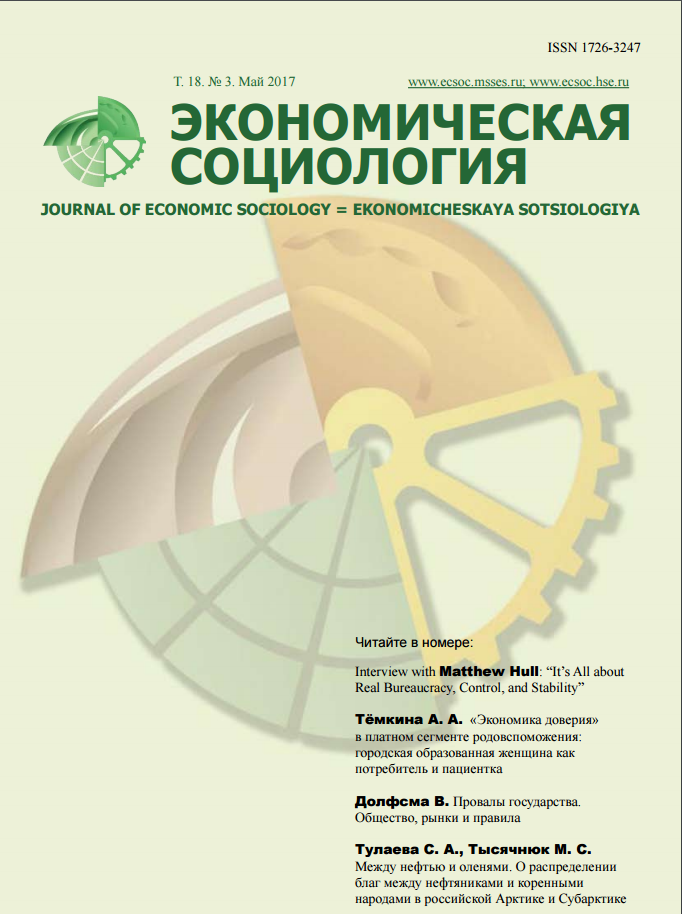Remove the Document — and You Remove the Man
Abstract
In his book “Government of Paper”, Matthew Hull questions the way in which bureaucracies are enacted in practice through the analysis of the material products of their lifecycle — documents. Documents constantly engage with different people, places, and things, becoming “bureaucratic objects” that mediate all actors and objects involved. Previously overlooked in theoretical studies, the material side of documents seems to be crucial for shaping the governance of a city and its inhabitants. As writing practices and “graphic artifacts” establish a stable relationship between words and things, discourse, and individuals/objects/environments, a focus on documents can provide a new methodological perspective in the analysis of state bureaucracies. The book contains six parts: the introduction provides the reader with a theoretical framework on the material practices of bureaucracy establishment. It is followed by ve thematic chapters devoted to different types of widely used documents among state bureaucrats of the Islamabad Capital Territory Administration (ICTA) and Capital Development Authority (CDA).













